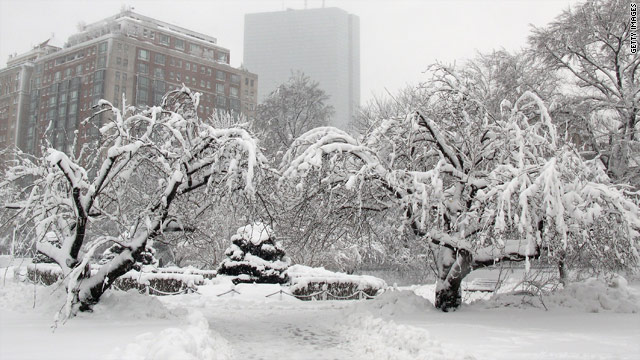
The National Theatre's play about climate change,
Greenland, had its first preview last night. The critics don't get to see the play till 1st February, but audience members, leaving the show last night, had a chance to express their views almost immediately.
In the Lyttelton foyer, there's
a Talkaoke table, billed as a mobile talk show, where audience members take a seat, grab the microphone, and share their views on
Greenland and climate change. (The pic shows a similar Talkaoke event at the Dana Centre.)
For those interested in other views still, a season of
Greenland events includes talks by the four
Greenland playwrights, and four well-known voices on climate change, Bjorn Lomborg, Tim Flannery, Nigel Lawson and David King.
more ...













